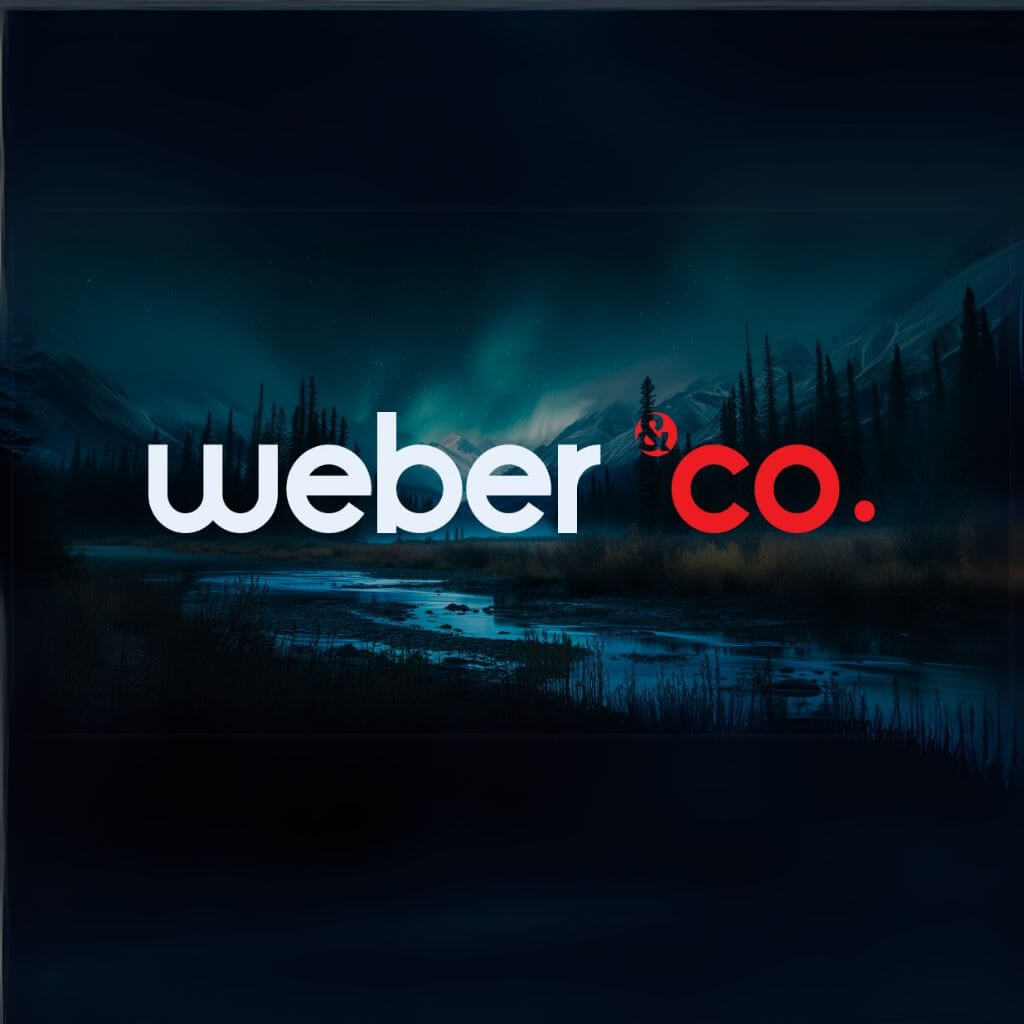There are a few businesses nowadays that can’t benefit from an online presence. This, naturally, includes fishing charters. Creating a website for your lodge or your fishing guide business is going to attract traffic and drive more bookings in the short-term. In the long-term, it will help you build a significantly bigger, more visible, and even more trustworthy brand. The world is living ina digital age, and that means your next customers will be looking for you online. Will they want to hire you with what they find? As part of our ongoing series of industry based marketing tips, here are a few of the reasons that your fishing charter needs a website and what it can do for the business.
Make your services much more customer friendly
It’s not enough to just grab a phone book listing and advertise with your local associations. Nowadays, people want their businesses to be accessible online, as well. But many charters are still hard to reach online; their details tucked away on a Facebook profile or online directories. With a website, you can put the important information like contact details and different service packages front-and-center. This gives customers what they need to know much more quickly. It’s not just convenient for them, but it gives them the impression that the charter is focused on easy service and customer satisfaction.
Get them hooked
You can go even further than making your business easier to reach. You can make it a lot easier for customers to book their fishing trips and specialize their experience, as well. For one, allowing online booking means that you and your team don’t have to spend time talking to every customer on every booking, which frees up some of your time. But your website can make it much more intuitive, too. You can feature a calendar, for instance, that allows them to pick their time and date right there, seeing when you’re available and when you’re not instead of having to navigate it in a long, tedious conversation. The site can even connect with weather apps to let customers know what kind of day they can expect when they book their trip. This works for both of you, as you don’t want rain spoiling their experience and taking away the chance of a happy customer. You can also display the different packages in detail for them to read at their leisure, rather than having to read them out over the phone, by the end of which, they will have likely forgotten the differences between them. Having your own online booking system can also help you cut out the middlemen type booking sites, saving you the fees.
The direct connection
Making it easier for the customers to handle the booking doesn’t mean that you have to remove the personal side of the experience, either. Your charter website can, for instance, include a live chat app that allows customers to get any queries they have solved by whoever is in the office. With smartphone integration, you can also update the website immediately with fishing reports, pictures, and social media posts even while you’re out there on the water. We’ve heard many times from our clients that if you’re there to answer, you’re more likely to get the booking.
Get a bigger haul
Websites don’t just exist in a vacuum, either. Customers aren’t going to find you just by typing in your web address. Websites benefit from much greater visibility from completely new leads, too. Primarily, this happens through search engines. When you create a quality website for the charter and register it with online listings and things like Google Business Profiles, it makes people in your area a lot more likely to find your website when they use search queries like “local fishing lodges”, “local fishing guides” or “fishing trips”. Similarly, people visiting the area from afar might look up fishing charters in your area. If you have a website, you’re a lot more likely to be the first name that pops up in those searches. Charters that only have a Facebook page or no real web presence at all are going to appear far lower in the rankings and, even then, they’re not going to stand out as much to the average search engine user as a business with their own site. With some good SEO, you can even rank number one for Keywords relevant to your business like “Kenai River Guide” or “Homer Fishing Charter”. Just be careful to not get yourself a Ranking Penalty in the process.
Shows what you know
Lodges and fishing guides build a reputation on one thing above all else. They know what they’re talking about. When customers come to you, it’s because they want your expertise to help them have an enjoyable, fulfilling fishing experience as well as a boat to take them out to exclusive areas. The more you show what you know through high-quality, informative content on the site, the more likely customers are to believe you. This includes a breakdown of what the service entails, from how comfortable and big the boat will be, the experience of the team, and what areas they can visit and what fish they can expect to catch. But you can also provide things like fishing tips that make newcomers feel like they’re using help they can trust. Information on the area, on the other hand, helps promote it as a tourist destination and a trip to new locales as well as a fishing service. This expertise means that website visitors are going to get the impression that your business has authority in the services it provides, rather than just being an amateur operation. Not having time to write blog posts isn’t even stopping you anymore with many high-quality content writers available for hire these days.
Show don’t tell
Fishing charters are a lifestyle brand. They appeal to those who want to experience the joys of fishing, whether it’s someone trying something new or giving an expert hand and access to new areas and equipment for people who are already in the lifestyle. Websites work better than most online marketing methods because they allow you to create a visual experience, as well as one that just tells them what services are available. Images of the areas you operate in, the fish that can be caught, and have been caught, and of people enjoying their time fishing all work to set a mood. It enhances the emotional value of the services you offer. The most visited pages on most fishing charter websites are the gallery pages. People want to see what they’re going to be catching; they don’t just want to hear about it.
Put your stamp on it
A focus on the visual also helps you develop a distinct brand. If you’re competing with other charters, standing out with a professional looking site and a professional looking brand is going to make you look much more established. As stated above, that brand authority is going to make people choose you over the competition nine times out of ten. It’s not difficult to imagine. Someone is looking for a fishing guide. are they going to choose the guide that has a bare-bones Facebook page alone with no unique images (or no images at all)? Or are they going to choose the charter that has a full website with their own professional logo, pictures of happy customers and big catches on top of that social media presence?
A face to the name
You, the captain, are often as big a part of the experience as the boat ride or even the fishing itself. Having some personal details on the site, like years of experience and your biggest catch, and a photo adds a human side to the business. People like knowing not only the services they’re going to get but that they’re going to have a captain that’s friendly to the customers, not just a faceless brand.
Display those catches
The gallery of catches that past customers have pulled in shows another one of the advantages that a website allows fishing charters. When looking for a service, web users want to get the opinions of past customers. They might look at review sites, but you can help shape their opinion and urge them to arrive at the right conclusion on your own site. By featuring honest reviews and testimonials from past customers, it provides a little more proof that you offer the professional, friendly service that you do. People are much more likely to believe other customers than just the word of the business. If there are happy, smiling faces on people holding up the fish they’ve caught, it only serves to heighten the positive impact of those testimonials.
You can even go further and connect your website to review listings like TripAdvisor. If you have a great service, you likely have great reviews on other sites. You can put them right up there so that the customer knows you aren’t just cherry-picking positive feedback.
Share the wealth
Social media is just as important a part of any online marketing strategy. People don’t keep it to themselves when they see something they’re interested in or an experience they’ve greatly enjoyed. To that end, a simple website URL is a lot easier to share across a lot of different platforms than a Facebook profile or a listing on another website. It’s even easier if your website has some widgets built into it that allow for much easier social media linking. You shouldn’t be afraid to ask for referrals from happier customers and building a share-friendly website just makes it much more convenient to fulfill that request.
Fishing lodges, guides, and charters have a lot to gain by building a website. They make their services much more accessible to customers, driving traffic and making bookings much easier. But they build a lasting brand that shows everyone just how great your service is in your own words, and the words and pictures of happy customers.



